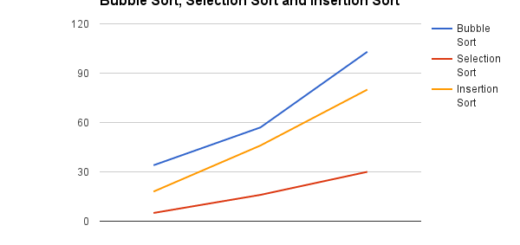Calculation of Modular Exponentiation in C
Modular Exponentiation takes the following form.
\[A = B^C \text{ mod } D\]
Efficient calculation of modular exponentiation is critical for many cryptographic algorithms like RSA algorithm. The following program calculates the modular exponentiation. The method of repeated squaring solves this problem efficiently using the binary representation of C.
This code is also available on GitHub.
#include <stdio.h>
#include <stdlib.h>
#include <math.h>
void decimal_to_binary(int op1, int aOp[]){
int result, i = 0;
do{
result = op1 % 2;
op1 /= 2;
aOp[i] = result;
i++;
}while(op1 > 0);
}
int modular_exponentiation(int a, int b, int n){
int *bb;
int count = 0, c = 0, d = 1, i;
// find out the size of binary b
count = (int) (log(b)/log(2)) + 1;
bb = (int *) malloc(sizeof(int*) * count);
decimal_to_binary(b, bb);
for (i = count - 1; i >= 0; i--) {
c = 2 * c;
d = (d*d) % n;
if (bb[i] == 1) {
c = c + 1;
d = (d*a) % n;
}
}
return d;
}
int main(int argc, char* argv[]) {
int a = 65, b = 17, n = 3233, d;
d = modular_exponentiation(a, b, n);
printf("Result = %d\n", d);
return 0;
}


